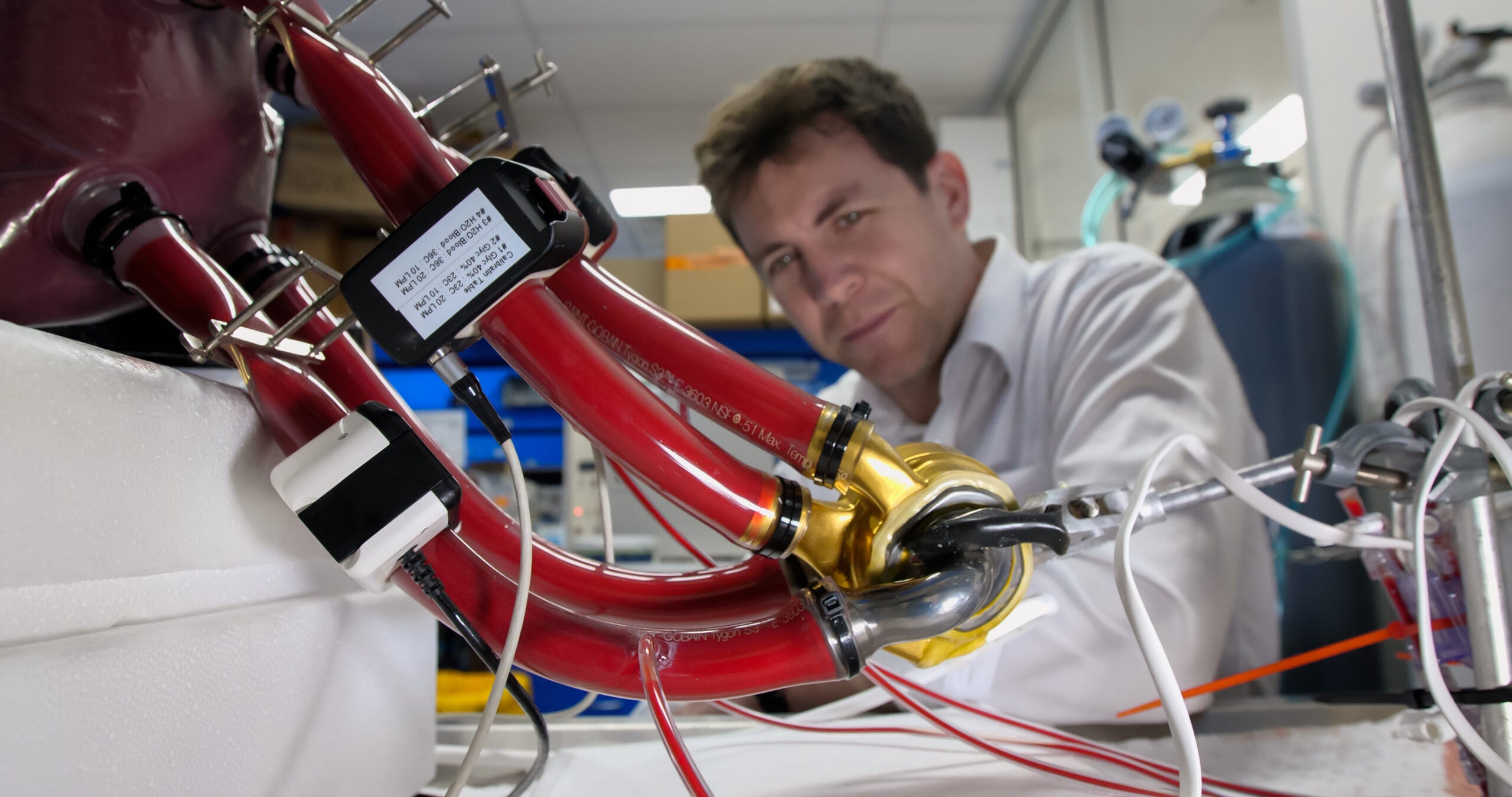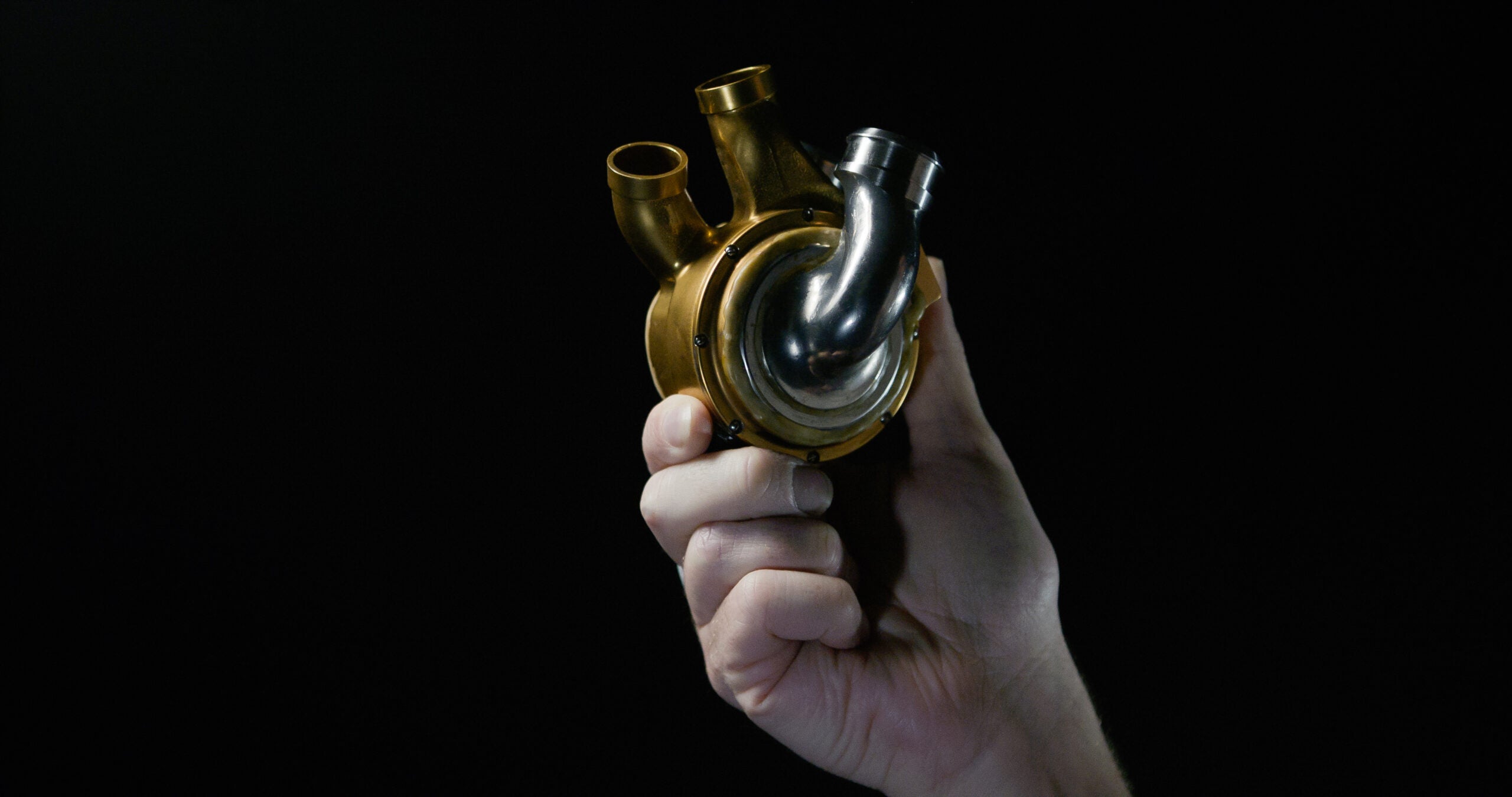Breakthrough metal heart keeps man alive for days in world first
Devices could improve chances of survival for heart failure patients as they await a donor
A 58-year-old in the US has become the first person to survive for several days with a metal heart after his own organ experienced “end-stage” failure.
Medical technology company BiVACOR built the heart made of titanium, which works on the same scientific principle as high-speed magnetic levitation (MagLev) trains.
On 9 July, surgeons at the Baylor St Luke’s Medical Center in the US implanted the BiVACOR heart in the 58-year-old man without complications.
The patient lived for eight days with the artificial organ until he received a donor’s heart.
“I’m incredibly proud to witness the successful first-in-human implant of our Total Artificial Heart (TAH),” said Daniel Timms, co-founder of BiVACOR.

Heart failure is a growing global epidemic, affecting an estimated 26 million people worldwide, in which the cardiac muscles don’t pump blood as well as they should.
In a section of the condition, the heart’s left and right ventricles, which pump blood from the heart and into the body or the lungs, begin to fail.
Without urgent medical intervention, those experiencing ventricle failure have a bleak outlook, researchers say.
The newly developed valveless heart, which is about the size of a fist, is designed to be a temporary stand-in for patients with severe heart failure for whom assist devices are not recommended.
Instead of valves, the artificial heart has a pump “with a single moving part” that supplies blood to the lungs and the rest of the body, replacing the function of both ventricles of a failing heart.
It is suitable for “most men and women” and “capable of providing enough cardiac output for an adult male undergoing exercise,” BiVACOR notes on its website.
The device is designed in a way that its only moving part does not make contact with any other surface, eliminating chances for mechanical wear, researchers say.
Its design also provides gaps large enough for blood flow, “minimising trauma, offering a durable, reliable, and biocompatible heart replacement,” BiVACOR said.

The entire device is powered by a small, portable external controller which exits through the stomach, the company noted.
Doctors say the artificial metal heart can help improve the chances of survival of individuals with severe heart failure as they wait for a donor’s heart.
“The worldwide impact of a commercially viable, long-term mechanical replacement to the failing human heart will be tremendous,” scientists write in an abstract of an ongoing clinical study testing the heart.
Join our commenting forum
Join thought-provoking conversations, follow other Independent readers and see their replies
Comments